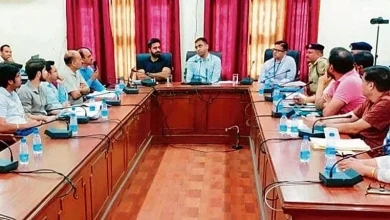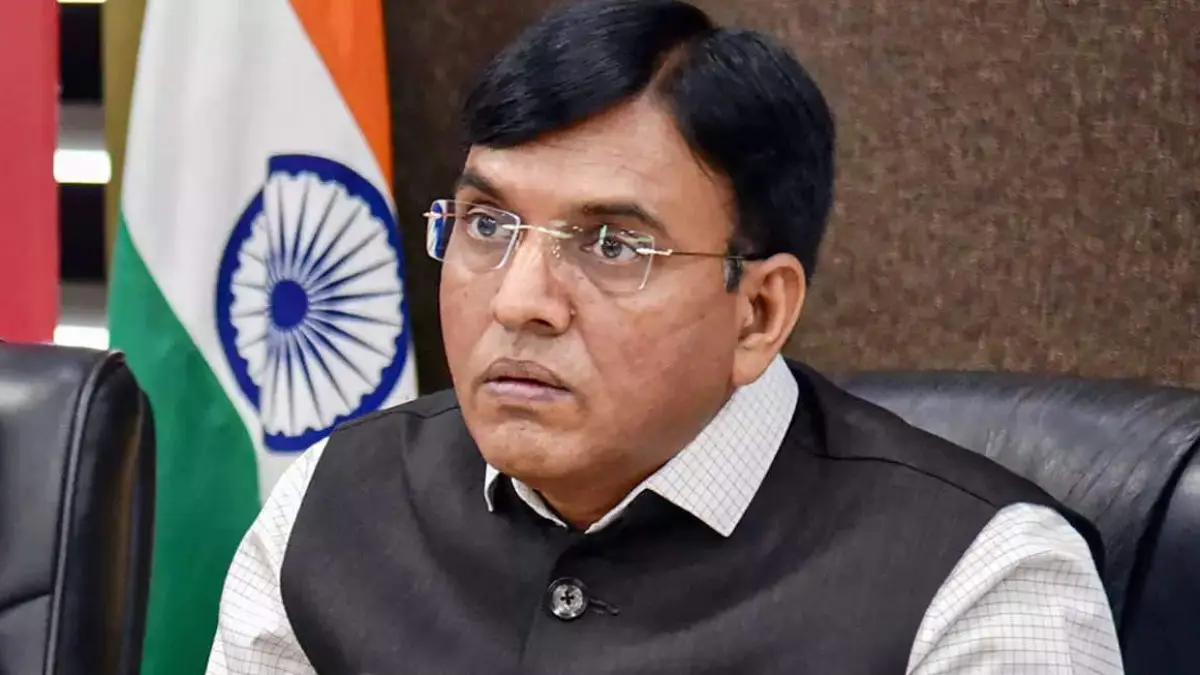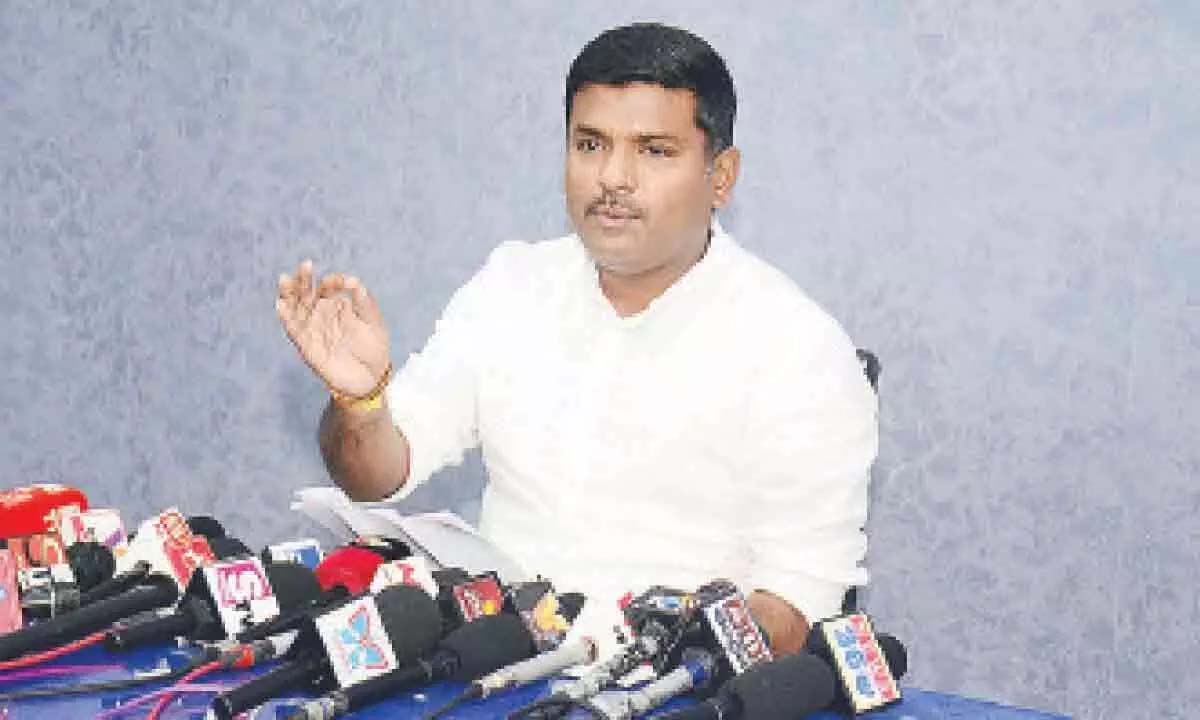Social media journalism comes under legal ambit

Social media challenged traditional media strongholds and made journalism easily accessible. It emerged as an encouraging hope for news that could not be revealed through power, corporate and other establishments. Before social media, small newspapers and magazines played the role of alternative media, but due to limited resources, their reach was very less. In this context, social media gave unlimited reach and dissemination to that alternative media. This power that came through technology and data was seen as a democratic boon. But has the news revolution of social media really taken the democratic path in the true sense? This question has become more relevant after becoming a party to social media news-mongers election after election. The reporting of the recent assembly elections on social media by journalists who were once veterans of news channels, has not only raised questions about the credibility of journalism being done on social media, but has also made it clear that such journalism is just propaganda for a particular party. doing.
Famous storyteller Rajendra Yadav has said in an interview that the literary battle is like an air strike, through which an atmosphere is created. Due to this change in the environment, it becomes easier for the infantry to capture the ground. Is it a coincidence or something else, that many journalists and analysts on social media are reporting as if they are preparing a pitch for the opposition. But the opposition, i.e. a particular party, is not able to take political advantage of that pitch. If we look at the reporting that is happening on YouTube and other social media platforms since the last few elections from a neutral perspective, then it is an attempt to create an atmosphere. So, has the hope of democratization of media and news journalism through social media been fulfilled? The answer is, no. If this had happened in an election, it would have been considered a professional deficiency. But why is this happening every time? In the year 2017, most of the social media leaders in Uttar Pradesh were making only Maya-Akhilesh alliance win. But the results were exactly the opposite. Even in the year 2019, Modi was losing in the eyes of ‘credible workers’ of social media. Same thing happened in Maharashtra. This is the story of almost every election. It should also be remembered that most of those who have created a market for their journalism on social media today were the heroes of Indian news channels till a few years ago. Even then his attitude was similar, although due to the policies of his institutions he was not able to support or oppose openly. Social media journalism has destroyed the watchman role of traditional journalism.
No matter how many questions there may be on traditional journalism, it is certain that no correspondent or analyst can impose his/her wish on the pages of the newspaper or on the TV screen. There is a thing called a desk and it continues to fulfill its role of accountability by checking his arbitrariness. The reason for this is that traditional journalism plays its role only within the ambit of law and constitution, whereas social media journalism neither needs legal binding nor an accountable watchman. That is why this journalism is now being called partisanship. The line from Muktibodh’s poem – Partner, what is your politics – seems more appropriate for social media news reporting. This partisan partisanship suits the algorithms that social media platforms have developed for economic support and earning.
Is the only purpose of journalism only to earn big money for the journalist and does he have no accountability towards the listeners or viewers? Should it be considered legitimate to promote any party under the guise of journalism? If these journalists had openly promoted that particular party, there would have been no question. The minimum guarantee of journalism is impartiality. It is not that traditional journalistic institutions have always been impartial. Even if he took someone’s side, he tried to mix it like salt in flour. But such a trend was not seen in social media journalism. Therefore, now the time has come that social media journalism should also be regulated. If someone wants to support any party or campaign, then he should do so, but he should not do so under the guise of newsman and reporting. He moved forward on the basic thinking of journalism. Social media platforms will also have to think legally about developing algorithms that promote fairness, not extremism and extremism.
















